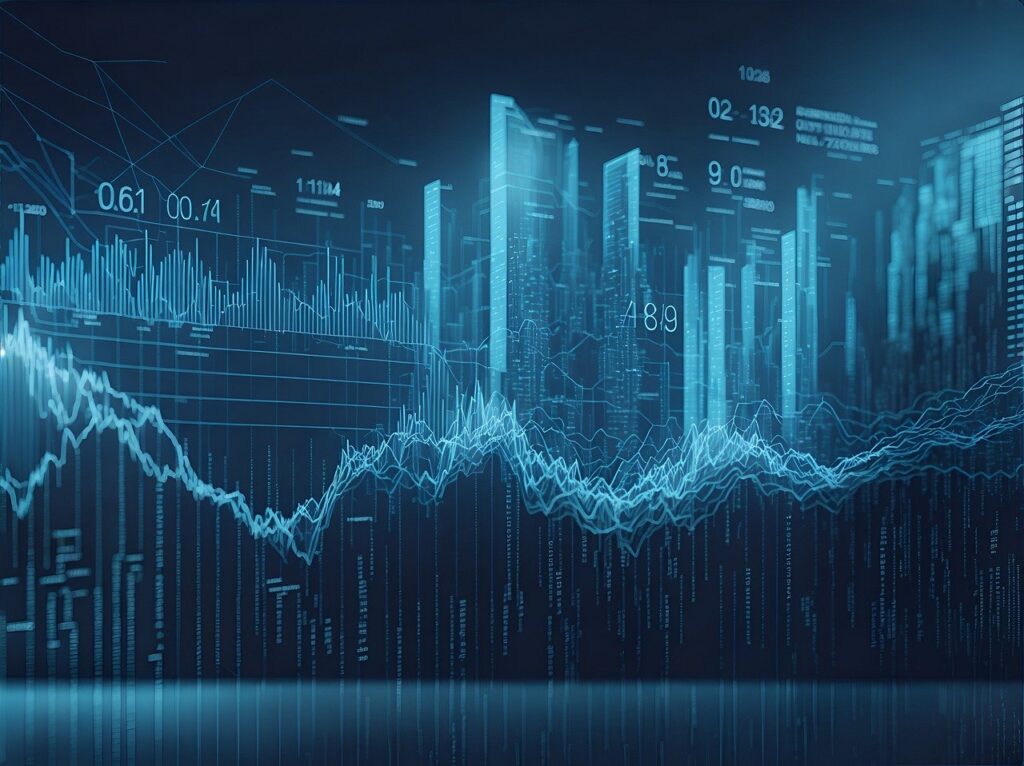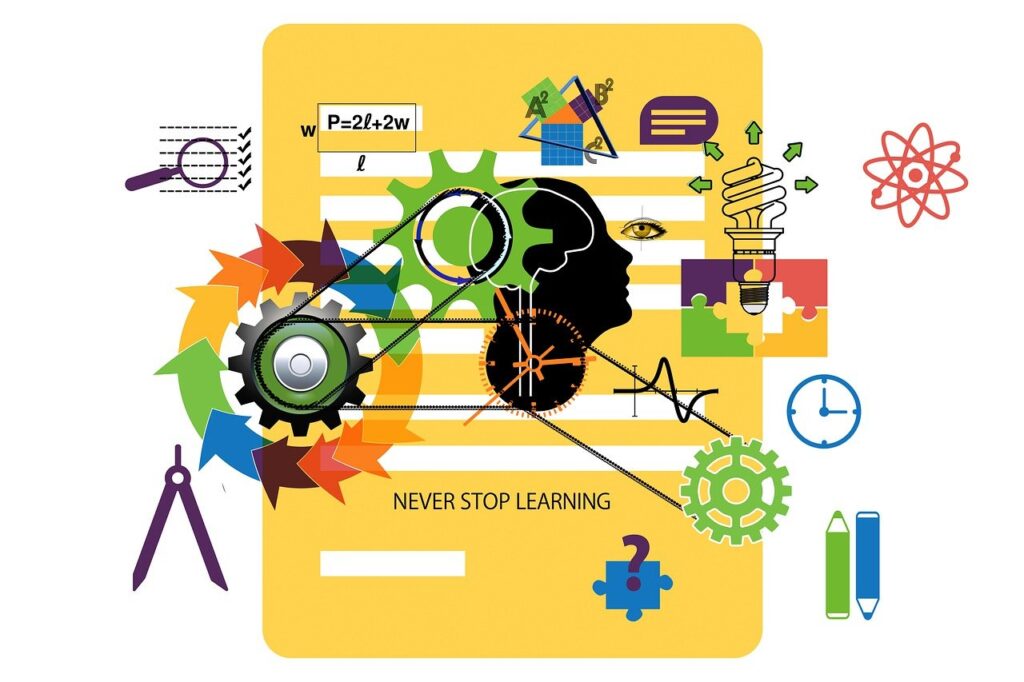Introduction:
Artificial Intelligence (AI) has become one of the most transformative technologies of the 21st century, reshaping industries and influencing everyday life. From automating routine tasks to enabling complex problem-solving, AI is paving the way for a future that promises greater efficiency, creativity, and possibilities. In this article, we’ll explore how AI is transforming key sectors and what this might mean for the future.
1. AI in Healthcare
AI is revolutionizing healthcare by enhancing diagnostic accuracy, personalizing treatment, and predicting patient outcomes. With tools like machine learning and image recognition, doctors can detect diseases earlier and make better-informed decisions. Some hospitals are also using AI for robotic surgeries, ensuring precision and minimizing human error.
Example:
AI algorithms can analyze medical images for early signs of diseases like cancer, often detecting abnormalities that human eyes might miss.

2. AI in Finance
Financial institutions leverage AI to detect fraud, assess risks, and make investment decisions. Algorithms analyze vast amounts of data in real-time, enabling more accurate and faster predictions. AI-powered chatbots and virtual assistants also improve customer service, making banking and financial services more accessible.
Example:
Many banks use AI to monitor transaction patterns, alerting users and flagging suspicious activities to prevent fraud.

3. AI in Education
AI in education offers personalized learning experiences by adjusting to each student’s pace and learning style. Intelligent tutoring systems provide instant feedback, while administrative tasks like grading can be automated, allowing teachers to focus more on students.
Example:
AI-powered learning platforms adapt their content and difficulty level based on student performance, helping each learner progress at their own speed.

4. AI in Transportation
Self-driving cars and AI-based traffic management systems are just the beginning of AI’s impact on transportation. Autonomous vehicles aim to reduce accidents, improve road efficiency, and make travel more convenient. In logistics, AI optimizes routes, reducing delivery times and emissions.
Example:
Ride-sharing companies use AI algorithms to match drivers with riders, calculate optimal routes, and predict areas with high demand.

Challenges and Ethical Concerns
Despite the promising benefits, AI raises ethical questions, including privacy, job displacement, and accountability. As AI becomes more integrated into society, regulations and frameworks will be needed to ensure it is used responsibly and ethically.
Example:
AI can inadvertently lead to biases in decision-making if the data it’s trained on is biased, which can affect areas like hiring or law enforcement.
The Future of AI
As AI technology evolves, its potential applications seem limitless. Future advancements may bring us closer to achieving artificial general intelligence, systems that can perform any human task. However, the journey requires careful consideration of AI’s impact on society, ensuring it aligns with our values and goals.
Conclusion:
AI is undoubtedly shaping the future, transforming industries, and changing lives. By understanding its applications and challenges, we can harness AI’s potential to create a better tomorrow. As we stand on the brink of this technological revolution, the question remains: how will we shape a future powered by AI?

